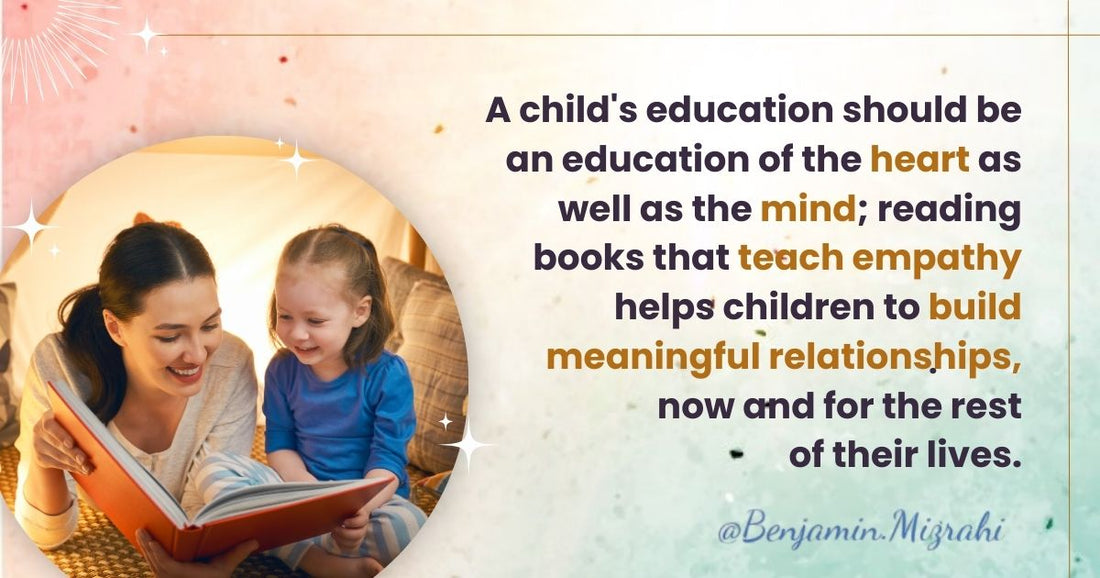
Put an Emphasis on Empathy
Share
How often have you had to referee a blowup because your preschooler took a friend's toy or refused to share it with her sister? Children are born believing that the world revolves around them. So, the sooner you help them understand that everybody has feelings and emotions, the less likely they'll be to behave in ways that annoy or hurt other people.
- Celebrate your child's acts of kindness. In general, it's best to find natural opportunities to teach empathy. Any time your child shows regard for someone else, you should reinforce her inclination with a simple narrative. For example, if you see your preschooler covering her doll with a blanket, say, 'it was so kind of you to make sure that your dolly is warm and cozy. She must have been very cold.'
- Ask, don't tell. You can't explain empathy to a toddler, but you can begin to get her thinking about other people's feelings. Kids this age won't understand lectures, but if you pose questions to them, you can raise their awareness level. For instance, if your child won't let her friend play with her stuffed animals, ask, "How do you think Emma-Rose feels when you won't share your things with her?"
- Help them read body language. Being able to interpret gestures and facial expressions is one of the basic ways that we develop empathy. Give your toddler pointers: "See how Aunt Margaret looked when you shared your cookie with her. Did you notice that she was smiling? You made her feel so good." Your child may not fully understand at first, but when she does, she'll be clued into other people's reactions -- and better able to notice how her own behavior can affect others.
Coach Benjamin Mizrahi. Educator. Learning Specialist. Family Coach. Father. Husband.
More articles on EXECUTIVE FUNCTIONS COACHING (mrmizrahi.com)
